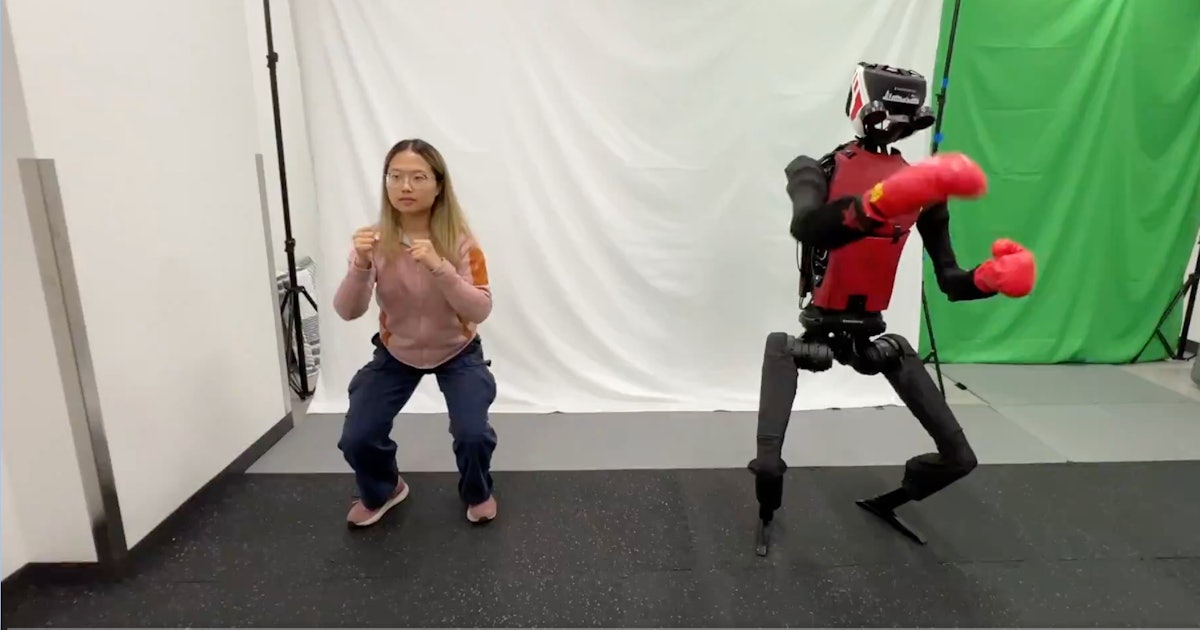I’m fascinated to see how powerful open-source AI has become. The implications of its growth run counter to so many dystopian narratives for the future that imagine everything owned by corporations and people reduced to serfdom.
As robotics are essentially 3D AI, the implications hold true for this field too. Here we see more evidence of this in action. Stanford University is the 3rd major effort in as many months to announce an open-source humanoid robot. The other two are UBTech/Xiaomi, and the French grouping of HuggingFace/Pollen Robotics.
I think it is overwhelmingly more likely that future robots will be cheap, and widely available than the dystopian ‘corporations own everything’ scenario. Yet few people factor this in. Robots will be economic engines of production. What does it mean for ideas like UBI if robot ownership is decentralized and widely dispersed?
deleted by creator
If current trends are anything to go by, companies will have their own proprietary robots that most normal people will buy out of brand loyalty, and be tracked and controlled remotely, while a few techy people will be able to have open source robots that might be finicky to set up and might do 80% of the things proprietary ones can do, while you would have control over it and it wouldn’t track you. I would be in the second camp, but most people don’t even know what open source means, much less prioritise it.




